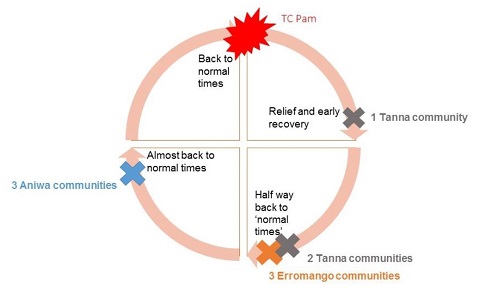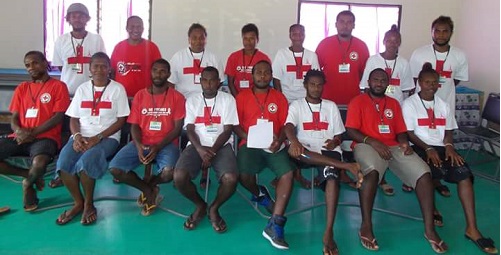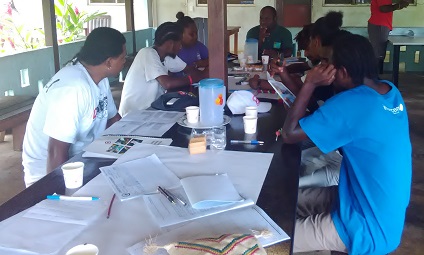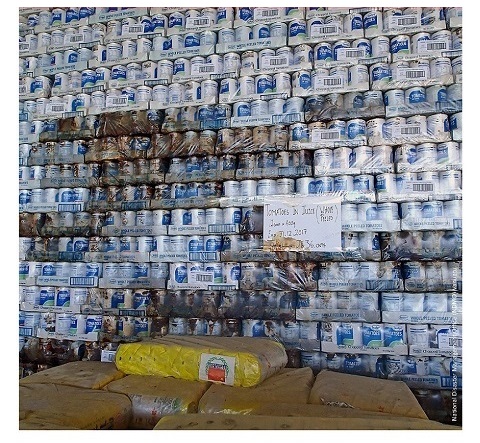CARE International has been implementing community based Disaster Risk Reduction and Climate Change Adaptation (DRR & CCA) programs in the Tafea Province since 2011. The program was implemented in close coordination with the provincial government, including training and support for the Provincial Disaster and Climate Change Committee (PDCCC) and the National Disaster Management Office (NDMO), and in partnership with other agencies through the Yumi Redi Project Consortia. Developing a tailored Community Disaster Response Plan for each community was a central elements of the program.
A year after tropical cyclone Pam, an independent study was commissioned to evaluate the impact of CARE’s DRR interventions and see if the DRR & CCA program had made a difference in a large scale emergency. The study gathered data from nine communities in Tafea Province on the islands of Aniwa, Erromango and Tanna. The study compares those communities that had the disaster preparedness initiatives versus those that had no such interventions.
The study is unique in providing an evidence base for the Government of Vanuatu and partner agencies to further develop disaster risk management programming.
For more information on the results of this DRR & CCA assessment please follow this link.






